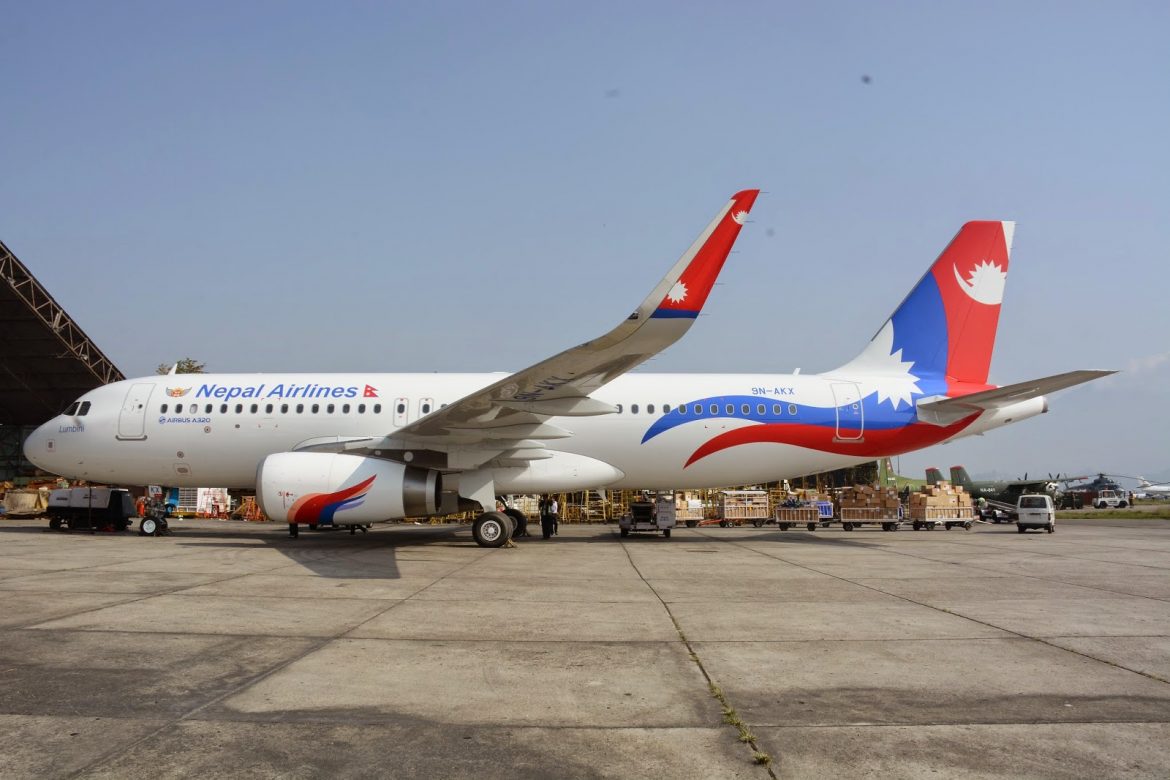After five years of investigation, Nepal’s anti-graft body concluded on Thursday that the government had lost Rs1.47 billion ($13.38 million) as a result of Nepal Airlines Corporation’s purchase of two wide-body Airbus A330 planes, the largest deal in the country’s aviation history.The exchange rate in effect at the time of the final installment payment in 2018 was used to calculate the loss.A lawsuit against 32 people was filed by the Commission for the Investigation of Abuse of Authority (CIAA) at the Special Court on Thursday. The allegations stem from the alleged corruption in the April 2017 Airbus A330 contract, which is often referred to as the “wide-body scam.”
The first of the two wide-body aircraft—Annapurna—arrived at the Tribhuvan International Airport in June 2018. The second, named Makalu, arrived a month later.In a statement, the commission said it has filed the case against a former minister, high-level sitting and retired government officials, private sector representatives, and aircraft suppliers.The accused are former tourism minister Jeevan Bahadur Shahi, former managing director of Nepal Airlines Sugat Ratna Kansakar, former tourism secretary Shankar Adhikari and former finance secretary Shishir Kumar Dhungana.
At the time of the deal, Adhikari and Dhungana were on the board of the national flag carrier. As per the charge sheet, the minister and the Nepali officials had gone against the procurement law and accepted the supplier’s escalation condition to purchase second-hand aircraft, a condition which came to $6.78 million (Rs74.58 million) of the $209.6 million valuation. Escalation condition is a rule in a contract that says if certain things change, like prices, then the terms of the contract can also change. Investigators suspect that the condition was included in the $209.6 million deal to covertly generate kickbacks for the officials involved.
The charge sheet reads that while finalising the major technical specifications, the maximum takeoff mass (MTOM) of the aircraft was decreased to 230 tonnes from 242 tonnes. Investigators suspect financial embezzlement here.The maximum takeoff mass (weight) affects an aircraft’s takeoff distance, rate of climb, payload capacity, and range. The probe found that the Nepali officials made payment for 242 tonnes, but ordered the aircraft with a capacity of only 230 tonnes, with a cost difference of $6.6 million (Rs72.5 million).
Kansakar, the former chief of Nepal Airlines, has been labelled as the kingpin of the scam. In August 2015, under the leadership of Kansakar, Nepal Airlines began the process of acquiring two wide-body aircraft from the European plane maker. On September 11, 2016, the Finance Ministry agreed to act as a guarantor on a loan Nepal Airlines took to procure the two wide-body jets.
On September 24, 2016, the board of Nepal Airlines unanimously approved its management’s plan to procure two Airbus A330-200 wide-body jets. Subsequently, on September 26, 2016, the national flag carrier invited sealed requests for proposals (RFP) from aircraft manufacturing companies, airlines, aircraft leasing companies and bankers for the purchase of two A330-200 jets.The bid documents said the minimum age of the proposed aircraft cannot be more than 1,000 flight hours and the date of manufacture should not be before January 2014.It was informed that the board’s move to allow Nepal Airlines to buy the jets from the European aviation giant followed the management’s recommendation to switch from Boeing to Airbus as a one-family aircraft strategy would reduce maintenance and crew training costs.
But there was a catch.The 55th annual report of the Office of Auditor General questioned the very procedure adopted by the Nepal Airlines and the prices of the aircraft.
It pointed out the mismatch in the manufacturer’s serial numbers assigned to Nepal Airlines jets. Initially, the numbers “1840” and “1842” had allegedly been issued. But Airbus later assigned “1845” and “1854” after receiving a commitment fee. However, at the Airbus’ manufacturing plant in Toulouse, France, the aircraft serial numbers were “1872” and “1878”. The “1845” and “1854” that Nepal Airlines had claimed to be its own actually belonged to Tibet Airlines and Spain’s Iberia Airline, respectively, the audit report explained.
As per Clause 236(1) of Nepal Airlines’ financial bylaw, the national carrier is required to invite proposals only from aircraft manufacturers to purchase brand-new aircraft. However, the corporation went with Clause 236 (2) of the bylaw, which allows it to procure an old plane from a leasing agency, banker or airline operator besides manufacturers.
Thursday’s charge sheet reads: “The corruption was committed by Nepal Airlines former chief in collusion with other Nepali officials and Hi Fly X Ireland Limited appointed by a consortium of the aircraft suppliers, which includes AAR International Inc., German Aviation Capital GMBM and Hi Fly-Transporte Aeroes SA (Hi Fly Airlines).”
In 2019, Nepal’s parliamentary Public Accounts Committee also questioned the motive of Nepal Airlines and Hi Fly Portugal for forming a special purpose vehicle—Hi Fly X Ireland—to specifically handle the procurement process.The committee has termed Hi Fly X as a “fictitious” company and has suspected “massive financial irregularities” in the deal. Stating that Ireland is the biggest tax haven in the world used by multinationals to shelter profits, the lawmakers suspected Nepal Airlines might have reached the deal with the company to evade taxes. While advance payment was released to the Portugal-based Hi Fly Transporte Aeroes, the rest of the payment was released to an Ireland-based company, according to the report of the parliamentary committee at that time.
The anti-graft body has also implicated AAR International and its president and chief executive officer John M Holmes; German Aviation Capital and its managing director Ana Topa; Hi Fly Airlines Portugal and its president Paulo Mirpuri; Hifly X Ireland Limited and its directors Gerald Thornton and Christian Nuehlen and Markuss Radbruch, head of aviation.
Ralf Springer, senior consultant of Norton Rose Fulbright LLP Germany, has also been implicated.Deepak Sharma, president of International Supply Chain at AAR Corp Inc. US, and Oleg Calistru, finance director of German Aviation Capital, Germany, have also been implicated in the corruption case.
In the charge sheet, the commission has sought to recover the embezzled amount and imposition of fines and imprisonment as per the Corruption Prevention Act.Shahi, a provincial assembly member from Karnali, has been automatically suspended with the registration of the graft case at the Special Court. He is also a Central Working Committee member of the Nepali Congress. Other officials who have been automatically suspended are Buddhi Sagar Lamichhane, sitting joint secretary of the tourism ministry; Janak Raj Kalakheti, deputy managing director at Nepal Airlines; and senior captains of Nepal Airlines—Subash Rijal, Rabindra Sherchan and Shrawan Rijal.
Source: Here

